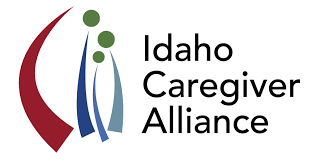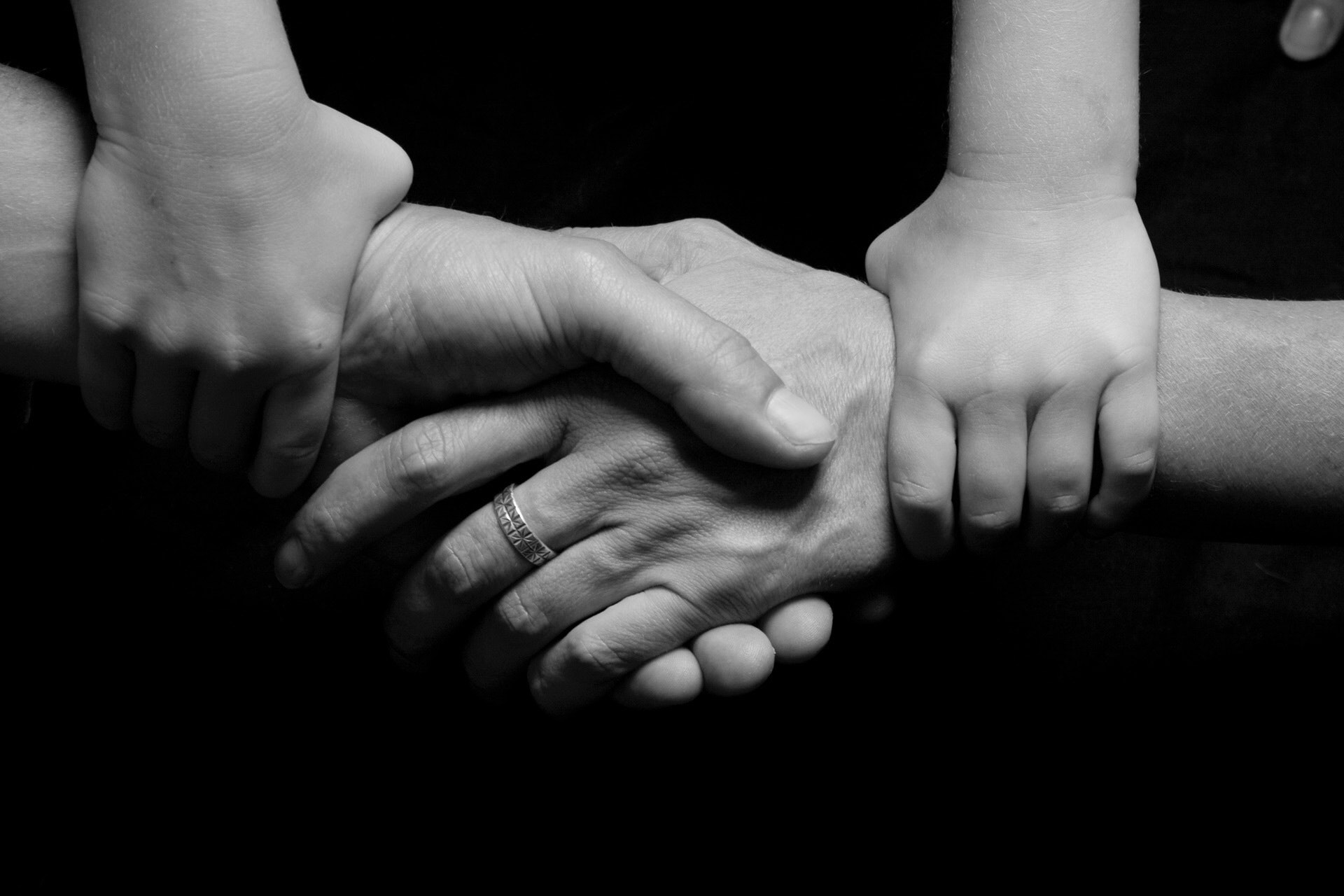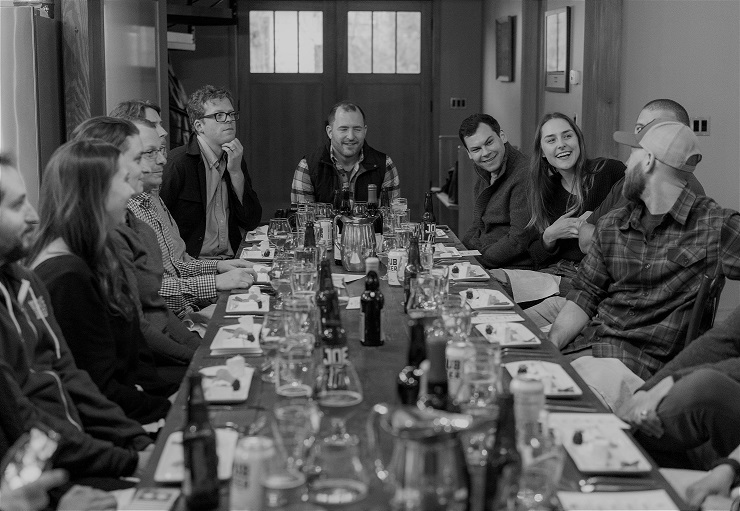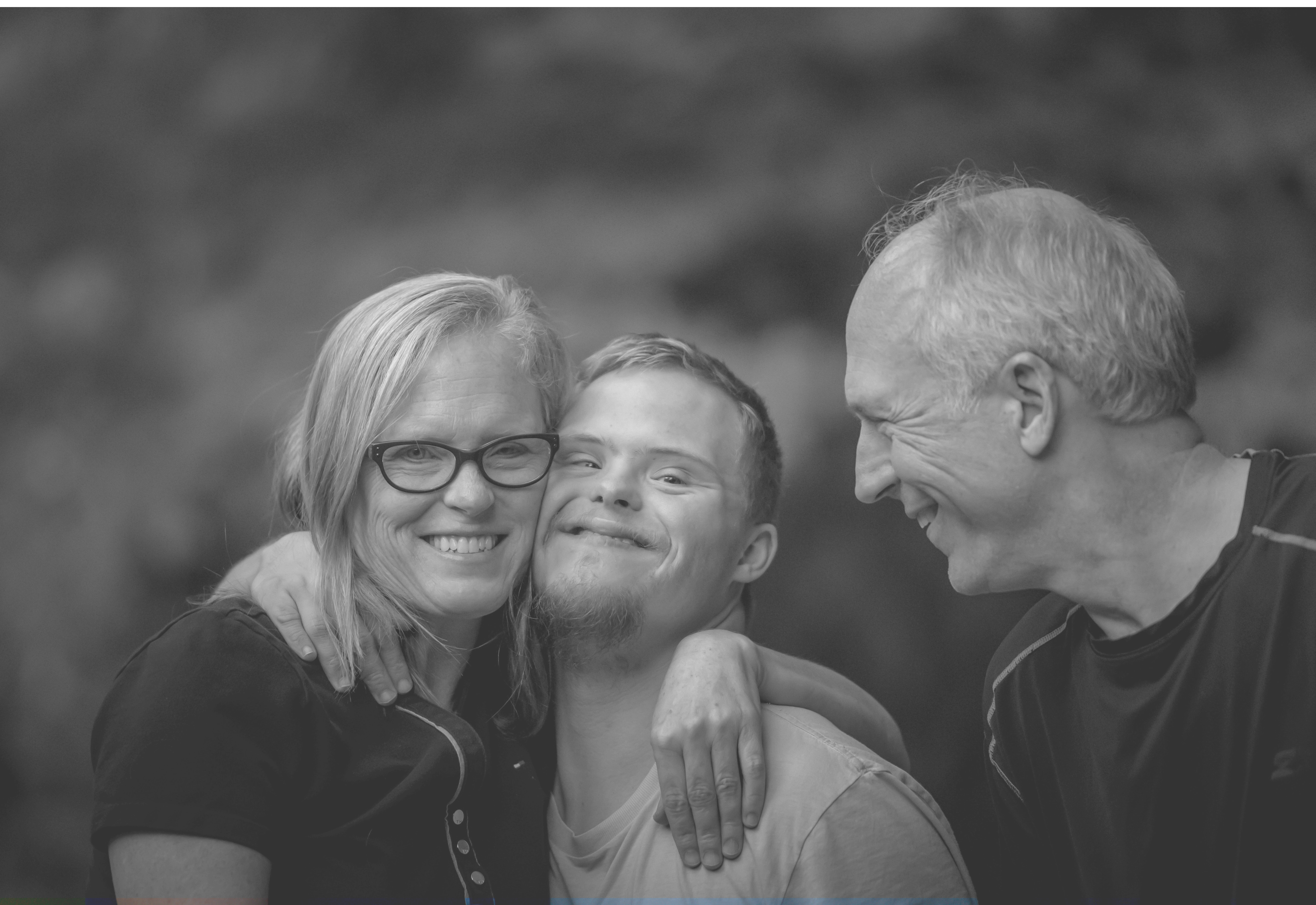We are so often focused on providing care for our loved ones that we neglect our health. Things we used to enjoy become a distant memory, until one day, we hardly remember that we used to like to fish, golf, or garden. We’re so focused on caring for another that we forget to make time for ourselves, or even worse, we feel guilty for going with a friend to the movies or spending the weekend with our grandkids. Even something as simple as reading a book becomes a luxury.
What is caregiver burnout?
Caregiver burnout is the inability to provide care due to overwhelming stress, anxiety, depression, or physical exhaustion caused by caregiving.
We’ve all had the feeling of being at the end of our rope. We may find ourselves short-tempered, unable to concentrate, or lacking the energy to get out of bed. We may find ourselves crying at the drop of a hat or feeling emotionally numb and apathetic. Although caregiver burnout may be expressed in a myriad of ways, it can be dangerous to both the caregiver AND the care receiver.
Caregivers who are experiencing caregiver burnout may develop heart problems, including high blood pressure and heart disease. They may suffer from depression, which left unchecked may be debilitating. Caregivers may become suicidal or have thoughts of harming their loved one.
When caregivers are experiencing burnout, they are no longer able to provide the level of care they are accustomed to. Some of the signs of caregiver burnout are:
- Exhaustion
- Trouble sleeping
- Depression
- Anxiety
- Loss of appetite
- Mood swings
- Loss of interest in activities you previously enjoyed
- Thoughts of wanting to harm yourself or others
Caregiver burnout can happen to anyone, even the most level-headed and experienced caregivers. If you’re experiencing caregiver burnout, remember that you’re not alone and that it is okay to ask for help. Asking for help is a sign of strength! Here’s a list of things you can do to help alleviate caregiver burnout:
- Seek respite. You need and deserve a break.
- Find someone to talk to. A friend, family member, mental health professional, pastor or clergy member, or healthcare provider, to name a few.
- Journal. Keeping a journal is a great way to give voice to the nagging thoughts and feelings that may be overwhelming you.
- Take a deep breath. Sometimes the simple act of breathing can calm our minds. You may also benefit from a gentle yoga or stretching practice.
How do you prevent caregiver burnout?
As the adage goes, an ounce of prevention is worth a pound of cure. Caregiving is no exception. It is vital to have a system in place as early on in your caregiving journey as possible. Seeking respite, in the beginning, may help prevent future illnesses, exhaustion, and depression. Many caregivers wait until a crisis occurs before seeking respite because they don’t want to burden their loved ones, or they don’t yet feel like they need it. But seeking out and accepting respite early on cannot only help you, but it can also help your loved one adjust to the idea of spending time with different people. And then if you find yourself needing more respite, your loved one will feel more comfortable spending long stretches of time with a respite provider.
Barriers to Seeking and Accepting Respite
Many caregivers resist the idea of taking a break. Although it may be apparent to friends and family that the caregiver needs a break, it is often difficult for caregivers to ask for help. Some of the barriers to accessing respite include:
- Not identifying as a caregiver
- Pride – Caregivers may not want others to know that they are struggling
- Guilt – Many caregivers feel that it is their duty to care for their loved one. And if the care recipient is resistant to respite, this can increase feelings of guilt.
- Denial
- Access to qualified respite providers
- Lack of trust
- Cost
- Stigma
- Apprehension about exposing others to your loved one’s behavior










